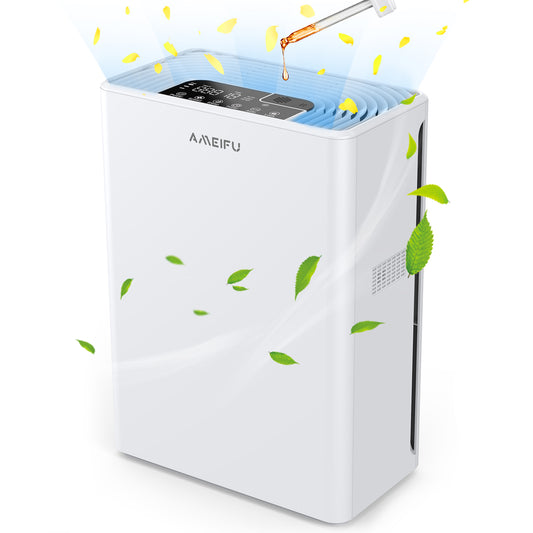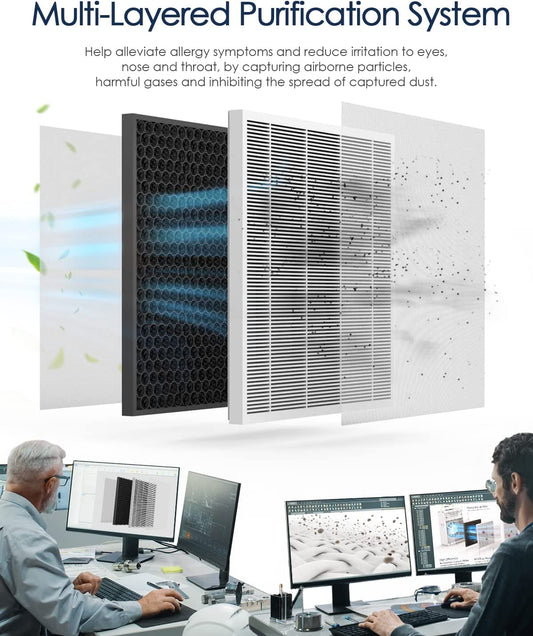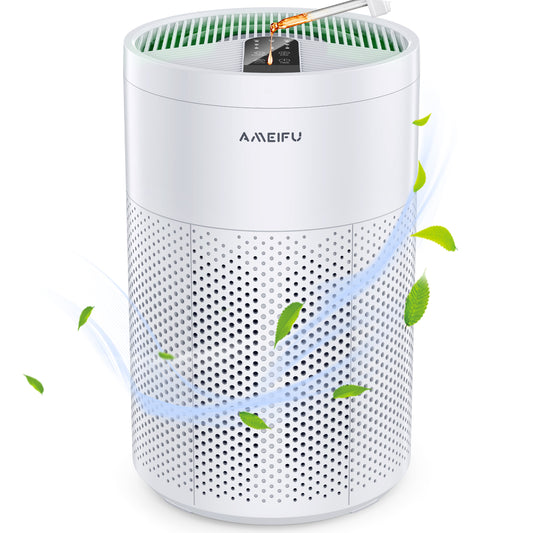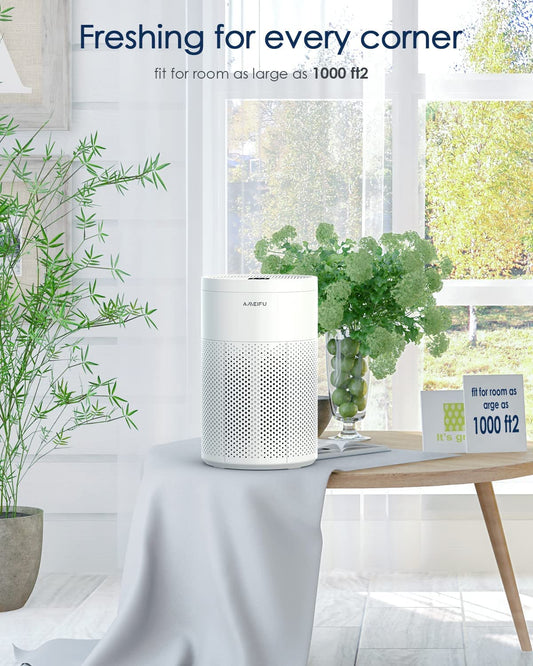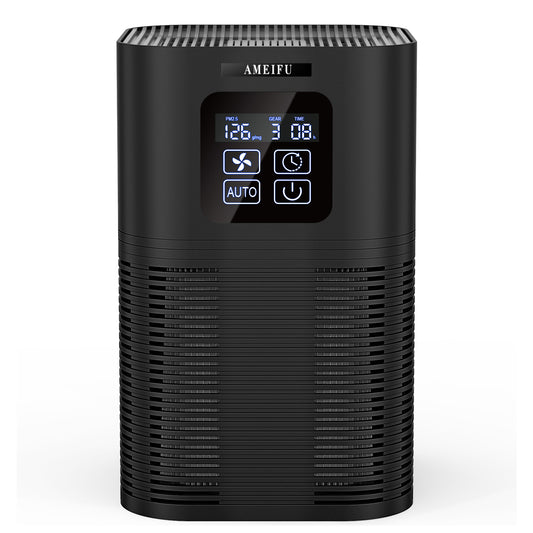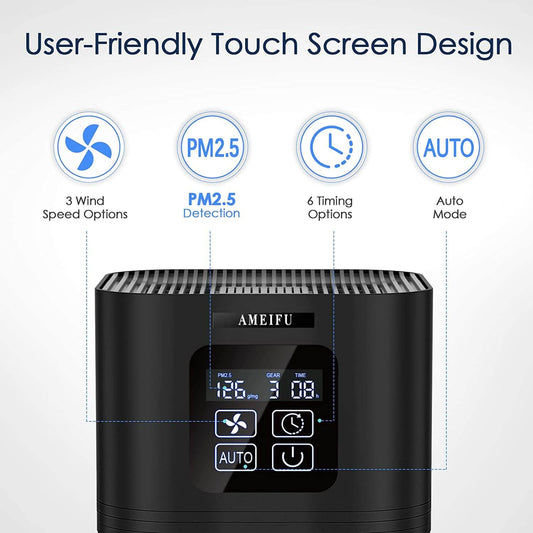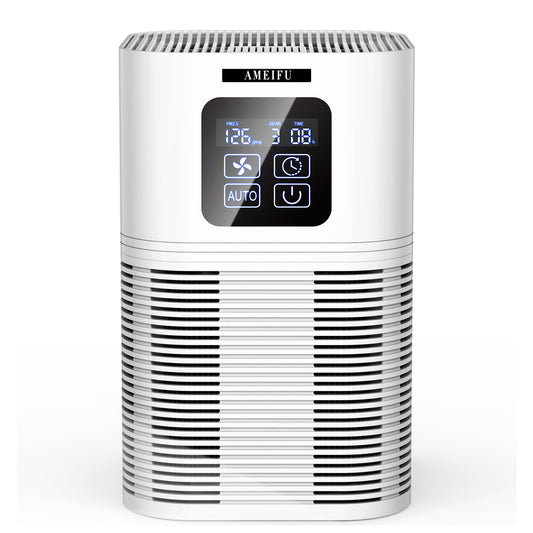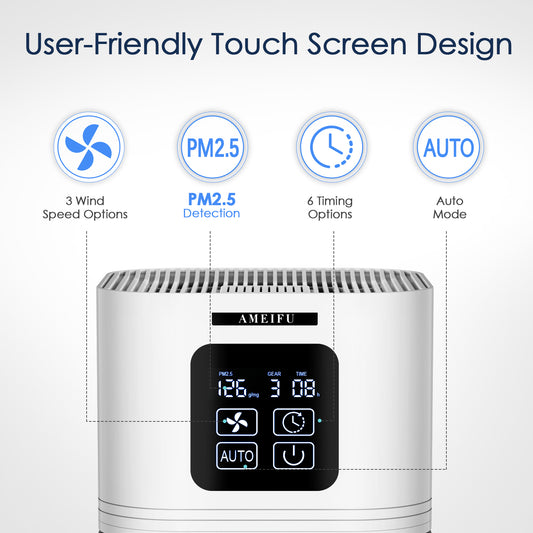Air purifiers play a crucial role in maintaining clean and healthy indoor air quality. These devices often employ various filters to capture and remove pollutants, allergens, and other harmful particles from the air. However, to ensure optimum performance, it is essential to replace the filters regularly. In this article, we will explore the importance of filter maintenance and answer the question, "How often should I change the filters in my air purifier?" Read on to discover expert recommendations and guidelines for maintaining clean and fresh air in your living spaces.
Understanding Air Purifier Filters
Before diving into filter replacement frequency, it's essential to understand the different types of filters commonly used in air purifiers. The primary filters include:
- Pre-Filters
- HEPA Filters
- Carbon Filters
- UV Filters
Factors Influencing Filter Replacement Frequency
Several factors impact how frequently you should change the filters in your air purifier. It is crucial to consider the following:
Manufacturer's Recommendations
Manufacturers provide guidelines on filter replacement schedules for their specific air purifier models. It is important to follow these recommendations to ensure the device's optimal performance. Refer to the user manual or the manufacturer's website for accurate and up-to-date information regarding filter replacement intervals.
Environmental Conditions
The environment in which the air purifier operates plays a significant role in filter lifespan. Factors such as air pollution levels, dust and pollen concentration, and the presence of airborne contaminants can impact filter efficiency. In areas with high pollution or dust levels, filters may require more frequent replacement.
Indoor Air Quality
The quality of your indoor air is a key determinant of filter replacement frequency. If you live in an area with poor air quality or have specific concerns like allergies or respiratory conditions, consider checking the filters more frequently. Regularly monitoring the filter's condition and replacing it as needed can help maintain clean and healthy indoor air.
Occupancy and Pet Presence
The number of people in your household and the presence of pets can influence how often you should change the filters. Increased occupancy and pet dander can accelerate filter clogging and decrease overall efficiency. If you have more occupants or pets, consider replacing the filters more frequently.
Smoking or Cooking Habits
Smoking indoors or indulging in frequent cooking can release pollutants and odors, affecting the performance of your air purifier filters. In such cases, it is advisable to change the filters more often to maintain optimal air quality and eliminate lingering odors effectively.
Signs That Indicate Filter Replacement
Apart from following recommended guidelines, there are visual and operational indicators that can signal the need for filter replacement. Some common signs include reduced airflow, visible dust or debris on the filter, foul odors, and an increase in allergy or asthma symptoms among occupants. Monitor these signs and replace the filters promptly to maintain optimal air purification performance.
Steps to Replace Air Purifier Filters
To ensure the correct replacement of air purifier filters, follow these steps:
- Turn off the air purifier and unplug it from the power source.
- Locate the filter compartment and open it according to the manufacturer's instructions.
- Remove the old filter(s) carefully, ensuring no debris or pollutants are released into the air.
- Install the new filter(s) according to the manufacturer's guidelines, ensuring proper alignment and secure attachment.
- Close the filter compartment securely and plug in the air purifier.
- Perform any necessary reset or filter replacement notifications as instructed by the manufacturer.
- Turn on the air purifier and ensure it is functioning correctly.
Benefits of Regular Filter Replacement
Regularly changing the filters in your air purifier offers several benefits:
- Improved Air Quality: Clean filters ensure efficient removal of pollutants, allergens, and odors, leading to better indoor air quality.
- Enhanced Performance: Fresh filters allow the air purifier to operate at its full potential, maximizing its effectiveness in removing airborne contaminants.
- Extended Lifespan: Proper filter maintenance can extend the overall lifespan of your air purifier, saving you money on premature replacements.
- Health Benefits: By regularly replacing the filters, you can reduce the risk of respiratory issues, allergies, and asthma symptoms among occupants.
Conclusion
Maintaining clean and healthy indoor air quality is essential for our well-being. Changing the filters in your air purifier at the right intervals ensures optimal performance and effective removal of pollutants from the air. Consider the manufacturer's recommendations, environmental conditions, indoor air quality, occupancy, and personal habits to determine the frequency of filter replacement. By following these guidelines and promptly replacing filters when needed, you can enjoy fresh and purified air, leading to a healthier living environment.


